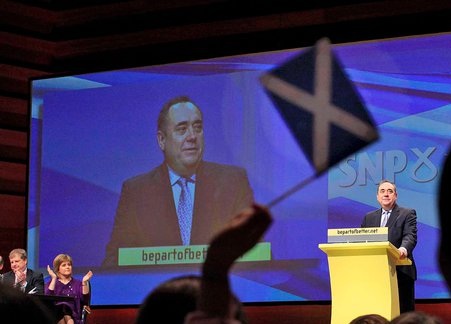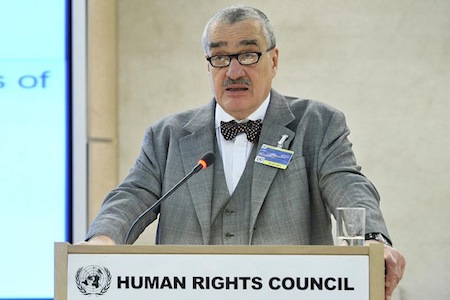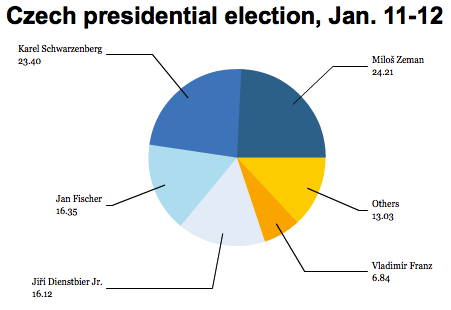Artur Mas, the president of Catalunya, played the sovereignty card in calling early elections on November 25 and, thereupon, campaigned hard for Catalan sovereignty and against the federal Spanish government — it felt like, at times, he was running more against Spanish prime minister Mariano Rajoy than against any particular regional adversary.![]()
![]()
![]()
![]()
His reward? Mas’s center-right party, Convergència i Unió (CiU, Convergence and Union), lost 12 seats.
That’s not the whole story, of course — sovereigntist parties hold an overwhelming majority with 87 seats in the 135-member Catalan parliament (the Parlament de Catalunya). Catalan voters found a way to express their discontent with the austerity measures of Rajoy’s federal government and Mas’s regional government by shifting support to the more leftist, pro-independence Esquerra Republicana de Catalunya (ERC, Republican Left of Catalunya).
Furthermore, it’s not been an absolutely disastrous six weeks for Mas — the ERC truculently joined a governing coalition with the CiU, thereby stabilizing Mas’s government. Just last week, the CiU and the ERC agreed upon a framework to push a vote for Catalan independence sometime in 2014, with or without the federal Spanish government’s acquiescence, setting him on a collision course with not only Mas, but much of the federal Spanish government and probably a majority of the other Spanish regions.
Meanwhile, in Scotland, the Scottish National Party, headed by first minister Alex Salmond (pictured above) has taken a vastly different course — United Kingdom prime minister David Cameron has agreed to the 2014 independence referendum in Scotland, and polls show independence trailing the status quo by about a 50% to 32% margin there. Unlike in Catalunya, the Scottish aren’t coming out in waves of thousands in protest for independence, and despite the unpopularity of former Conservative UK prime minister Margaret Thatcher’s implementation of the poll tax in Scotland, the Scots can’t point to systemic — and recent — violations of civil liberties like the Catalans can, namely the suppression of Catalan language and culture under the regime of fascist Spanish strongman Francisco Franco from 1937 to 1975.
Catalan independence would likely be a greater disruption to Spain than Scottish independence would be to the United Kingdom — by the numbers at least. With 7.5 million people, Catalunya comprises nearly 16% of the Spanish population. Although Scotland comprises nearly a third of the United Kingdom by area, its population of 5.3 million people is just a little under 8.5% of the total UK population.
So what can the Catalan Sturm und Drang (or, tempesta i estrès, perhaps?) of the past few months, including the November regional elections, teach Scotland as it prepares for its own 2014 referendum?
Here are three lessons that pro-independence Scots should take to heart from the recent Catalan experience. Continue reading Three lessons from the Calatan experience for Scottish separatists


